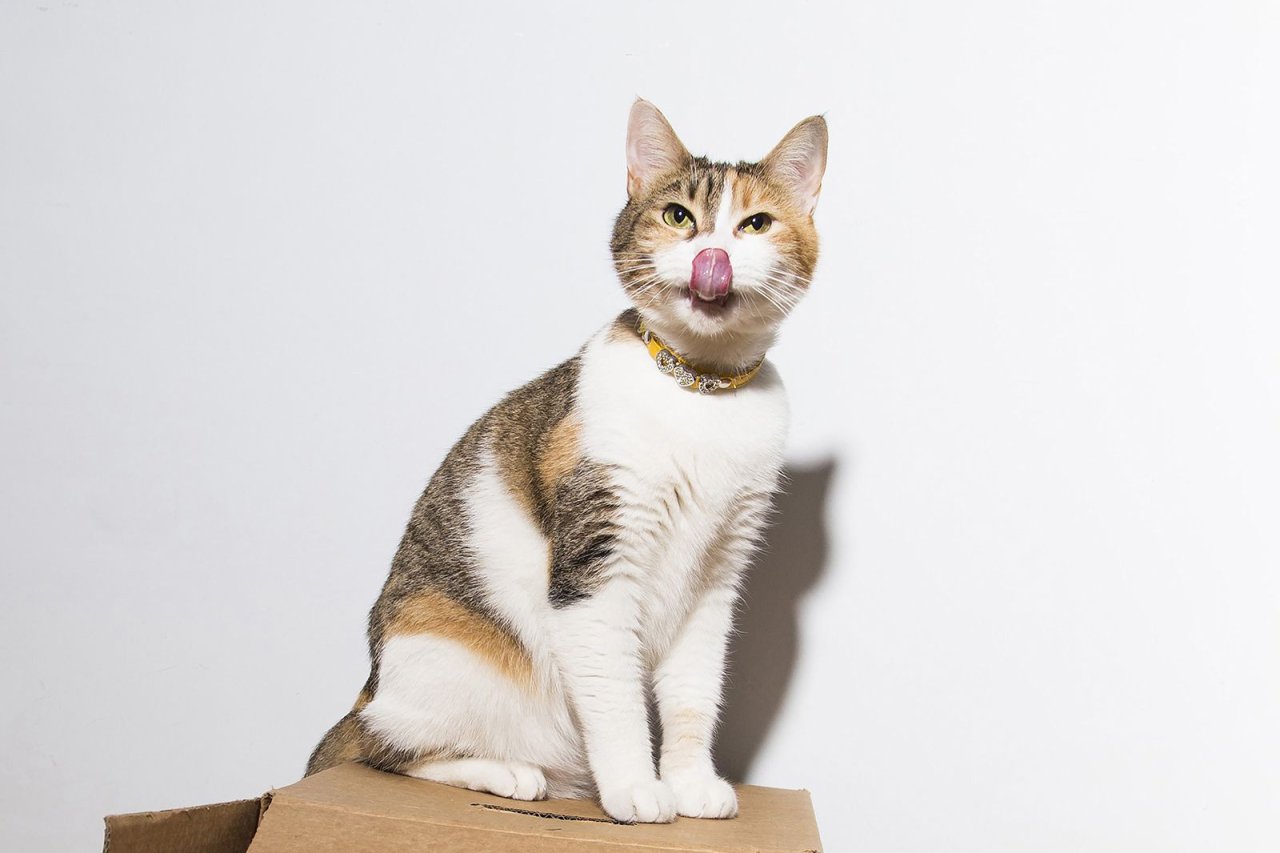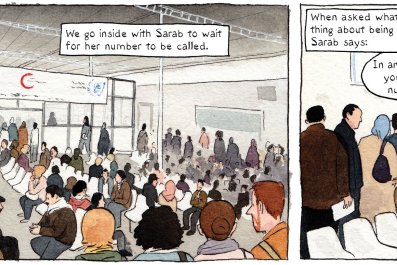Many centuries have passed since humans invited cats into their homes. But while these creatures are typically great company for a late-night TV binge, feline brains are still hardwired to express their wild nature—especially when it comes to devouring their next meal. The luckiest house cats reside in homes where they can stalk tiny rodents, but that's not always the case for felines who cohabit with fastidious modern-day humans. The menu is more likely to be a can of Salmon Surprise, and food is always plentiful.
As a result, house cats may become lazy and fat. According to the Association for Pet Obesity Prevention, 58 percent of cats in the U.S. are obese or overweight. (That's a higher percentage than us portly humans.)
Thankfully, researchers say these problems can be solved in ways that will provide endless entertainment for pets and their owners: food puzzles. The concept isn't new—they've been used for years in zoos, laboratories and other places where animals are held in captivity, and they're also favored by besotted dog owners.
There are a variety of puzzles on the market that won't release food without nimble paws and a bit of kitty persistence. Some are stationary; they may have wells, cups or tunnels that the cat has to manipulate to push the food through. Other puzzles are mobile, such as the Eggsercizer—when a cat moves this egg-shaped puzzle around, dry food falls out through little holes. (Talk about a workout!) A thrifty owner can also make a puzzle by poking holes in a yogurt container, putting some dry food inside and letting the cat at it.
A group of animal behavior experts has produced an exhaustive report on the benefits of food puzzles "to support feline physical health and emotional well-being." The findings, recently published in the Journal of Feline Medicine and Surgery, suggests cats are happier and healthier if you make them work for their food.
The food-puzzle research included 24 case studies of dysfunctional house cats that all appeared to benefit from food puzzles. Some were aggressive or hyperactive. Others meowed incessantly or sprayed outside the litter box. Some were just overweight.
"What we have is a very predatory animal that would naturally hunt every day to survive," says Mikel Delgado, a certified cat behavior consultant and co-author of the paper. "Some people recommend keeping cats indoors for safety reasons to prevent other problems. The problem with that is, if we don't keep them occupied, then we are really restricting their life experience."
Delgado says food puzzles are only "one part of the enrichment plan" for keeping cats healthy. Owners should also consider investing in vertical play structures such as a cat tree and an outside bird feeder that your pet can watch from indoors. "Cats need more exercise and mental stimulation," she says. And the heady thrill of the chase.





















